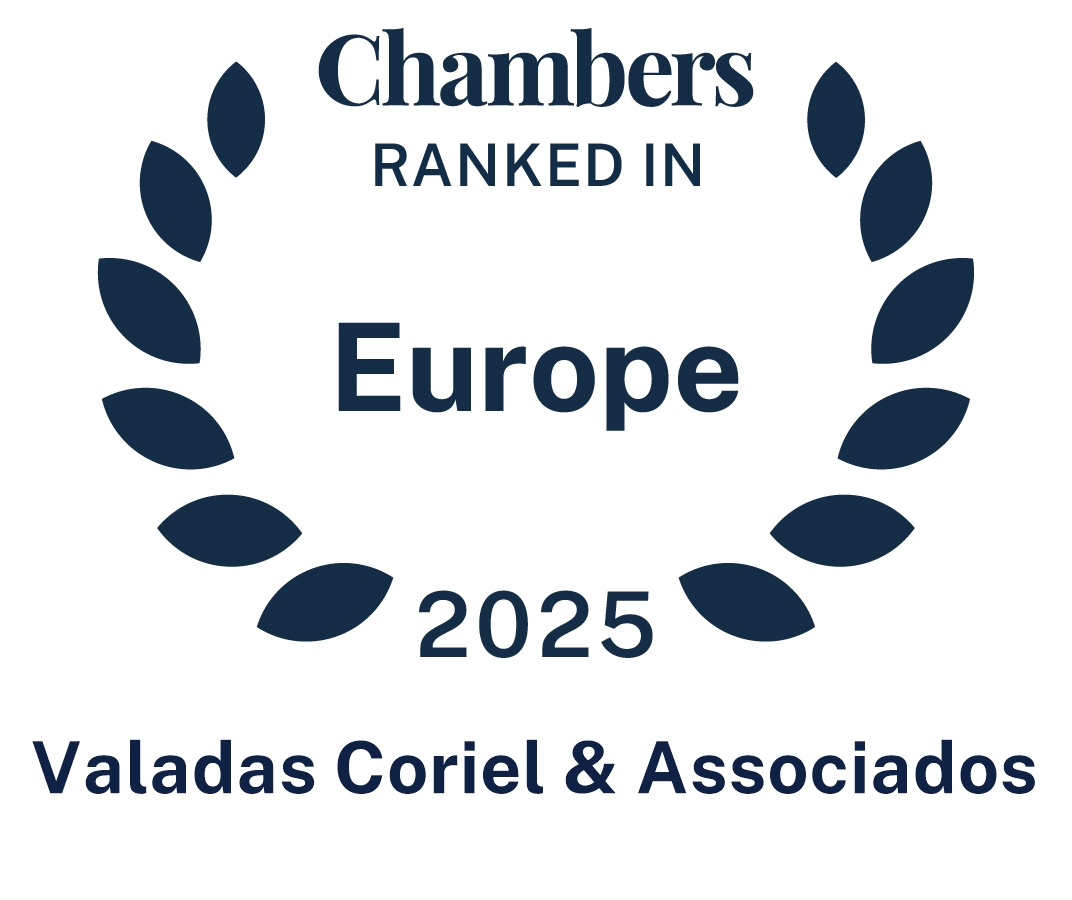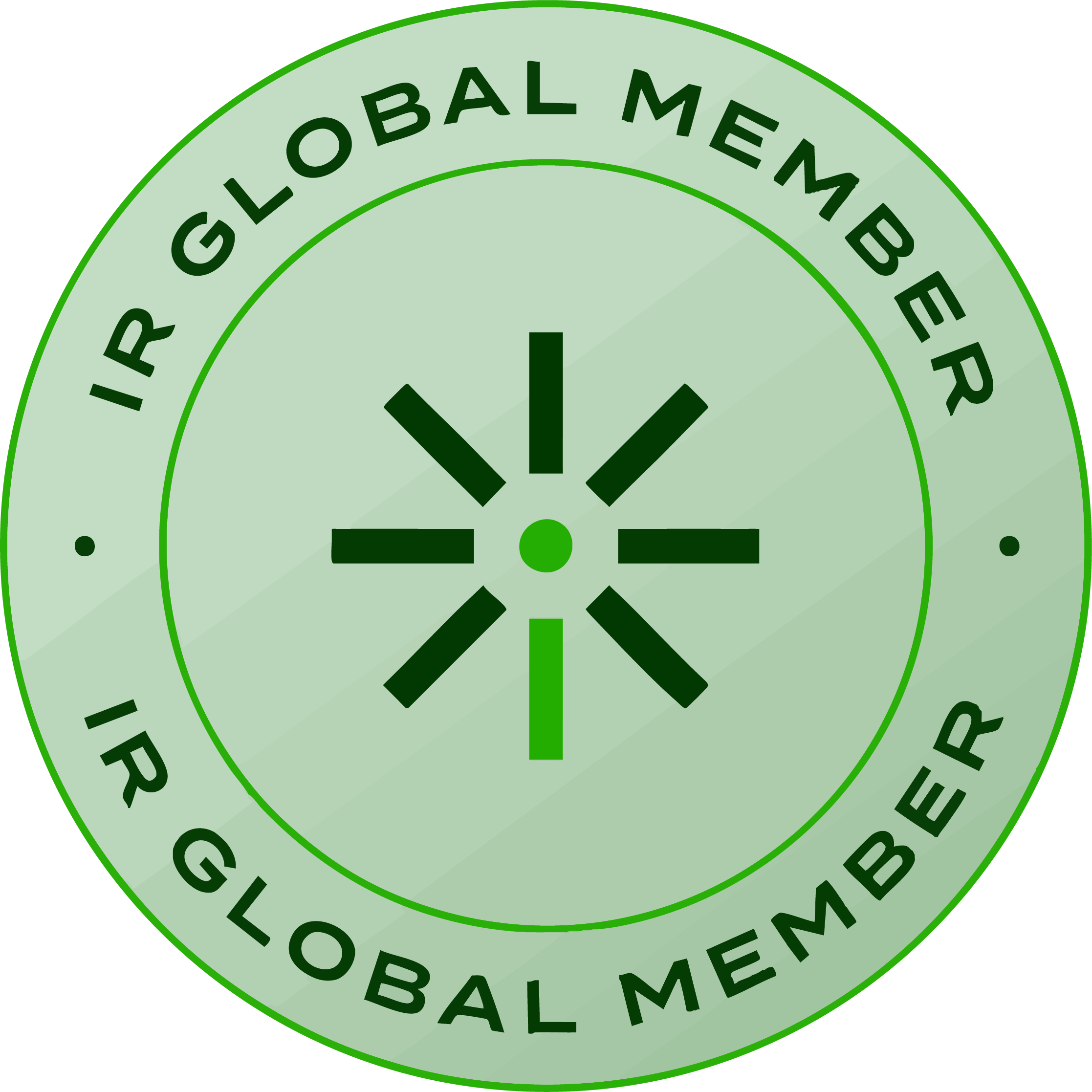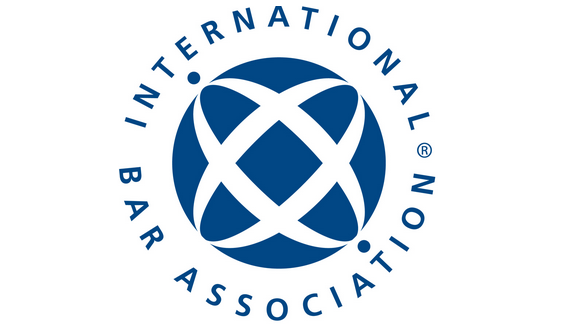Portuguese law includes various mechanisms to safeguard children’s rights and ensure that parental responsibilities are upheld, regardless of the parents’ nationality.
This article examines key aspects surrounding custody and parental responsibilities for foreigners, with a focus on cases where one or both parents are not Portuguese citizens.
Parental Responsibilities in Portugal
Parental responsibilities refer to the set of rights and duties that parents have in relation to their children, particularly in areas such education, health, well-being and property. In Portugal, parental responsibilities are exercised jointly by both parents, if this does not jeopardise the best interests of the child, regardless of marital status or nationality of the parents.
In cases of separation or divorce, the arrangement for parental responsibilities can be agreed upon by the parents. In the absence of consensus, it will be the court to decide, always prioritizing the best interests of the child.
Application of the Guardianship and Residence Regime to Foreigners
For foreigners living in Portugal, the custody and parental responsibilities framework has some particularities when one of the parents resides outside Portugal.
- Jurisdiction: The jurisdiction of courts to rule on issues of custody and parental responsibility is assessed in the light of European Council Regulation (EC) No 2201/2003, which establishes that the court with jurisdiction in matters of parental responsibility is the court of the Member State where the child is habitually resident.
- Conflicts of International Jurisdiction: In cases where one of the parents lives outside of Portugal, conflicts can arise as to where the child resides. For this reason, the 1980 Hague Convention on the Civil Aspects of International Child Abduction prevents the illegal removal of children from their country of habitual residence and ensures the immediate return of minors. This law is particularly important for the new reality of international couples, in which, not infrequently, one of the parents intends, after separating, to take the child to their country of origin without the consent of the other parent.
While parents can establish arrangements for the cross-border exercise of parental responsibilities, they cannot unilaterally change the child’s residence without mutual agreement or court authorization. The court will only approve such a change in exceptional circumstances where it serves the child’s best interests.
In situations where only one parent relocates, leaving the child in Portugal, the court may adjust visitation rights to ensure regular and meaningful contact between the child and the absent parent. Courts often rely on technological solutions, such as scheduled video calls, to maintain parental relationships, safeguarding the child’s well-being.
The Best Interests of Minors
The concept of the “best interests of the child” is a fundamental principle in the regulation of parental responsibilities, as outlined in the Convention on the Rights of the Child. This principle requires that all decisions concerning minors prioritize their well-being and healthy development above any competing interests of the parents.
Portuguese case law has further clarified this concept, emphasizing that it encompasses not only the child’s physical and material well-being but also their emotional, psychological, and affective growth. As such, all decisions regarding custody, visitation, and parental responsibilities must reflect these comprehensive needs of the child.
Conclusion: Protecting the Rights of Children and Foreign Parents
When it comes to defining parental responsibilities, it is essential to consider the challenges that can arise in international contexts, particularly regarding the child’s residence.
The European Union legislation already predicts many of these cases, facilitating the protection of the child’s interest when the countries involved are all Member States. Nonetheless, the problems can deepen when there are ties to a jurisdiction outside of the EU, where the cooperation between legal systems is not pre-established by an international treaty.
If you are a foreigner living in Portugal, or if you are dealing with a transnational family situation, obtaining specialized legal advice is crucial to ensure that your rights and your children’s rights are fully protected. While Portuguese law, along with the international conventions it has ratified, provides effective protection mechanisms, legal assistance is often essential to navigate the complexities of such cases and secure the best interests of the child with minimal personal sacrifice for the parents.
VCA has a team of lawyers specializing in this area, available to advise you on the most appropriate solutions for your case.













